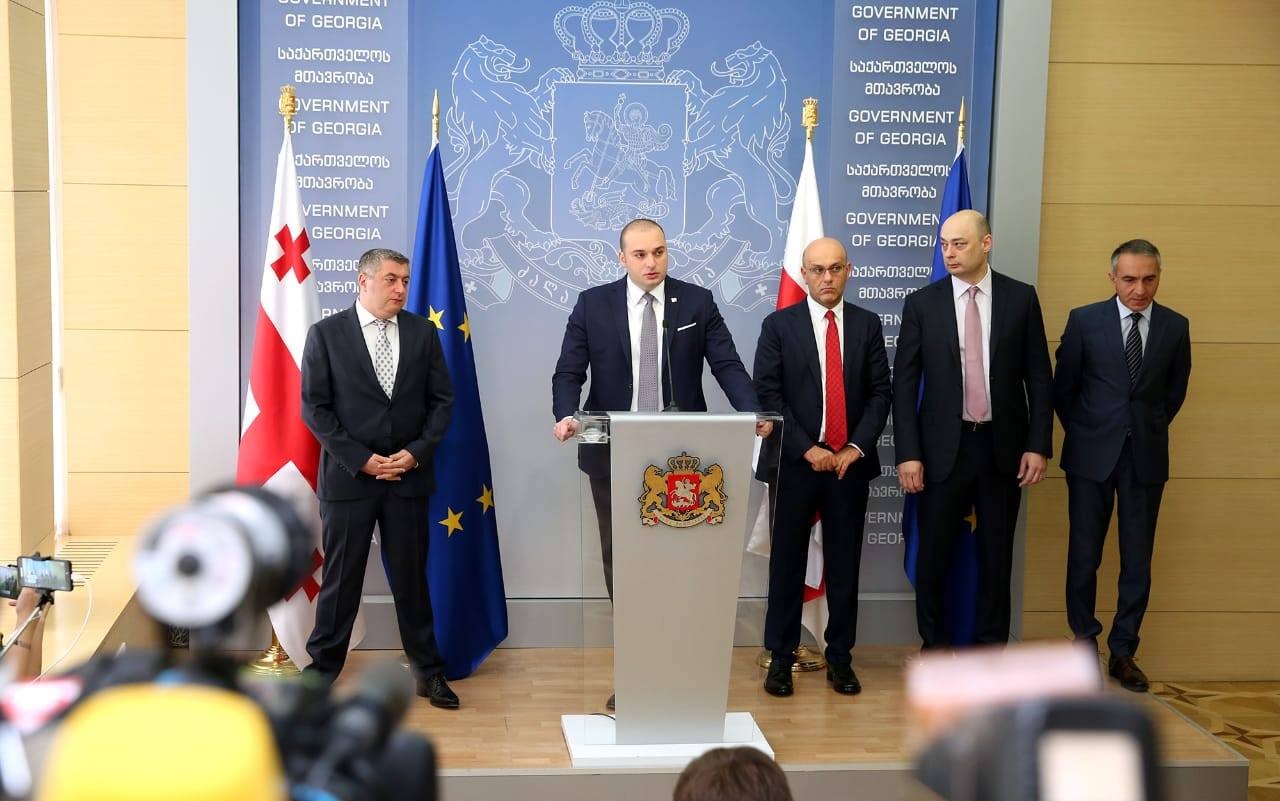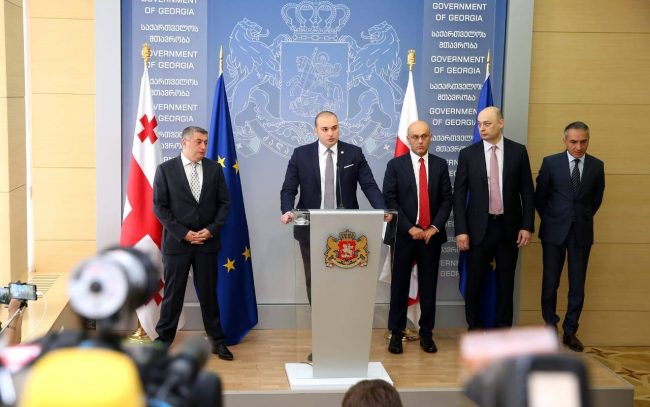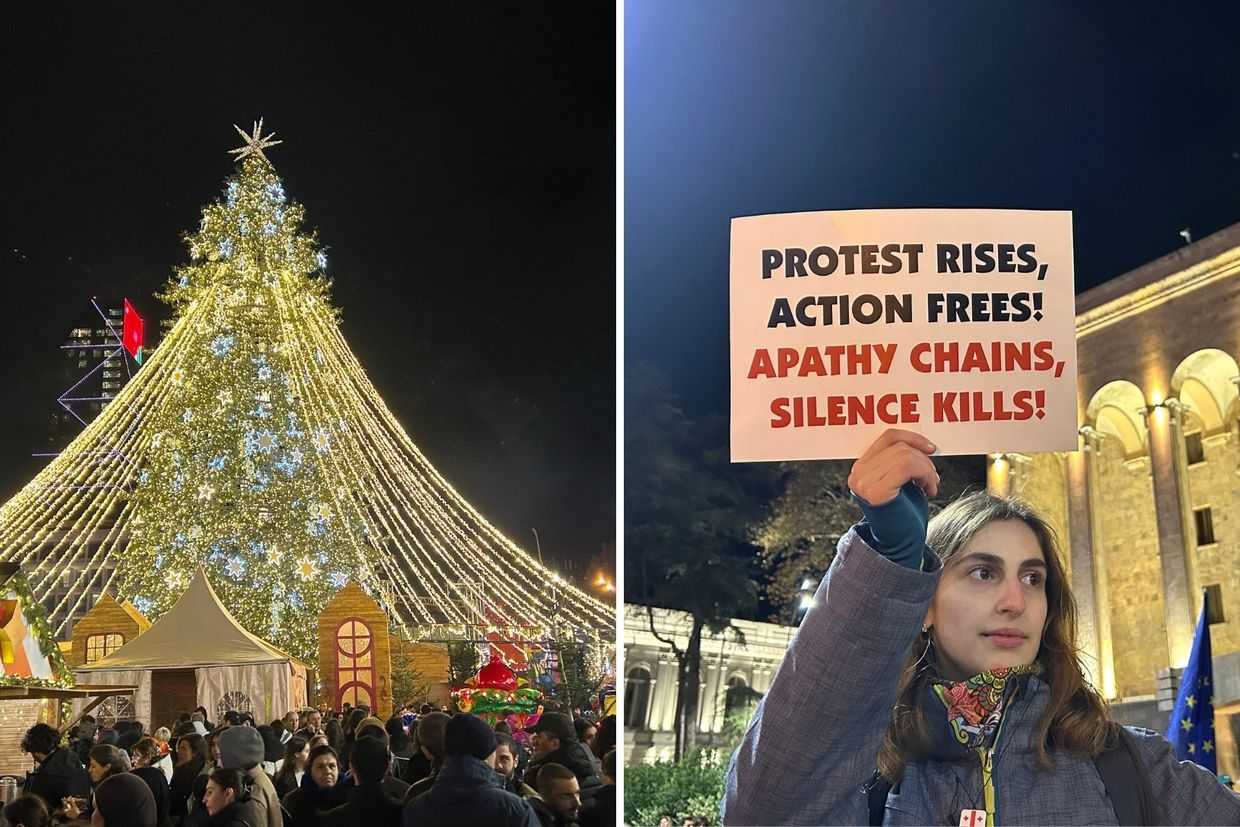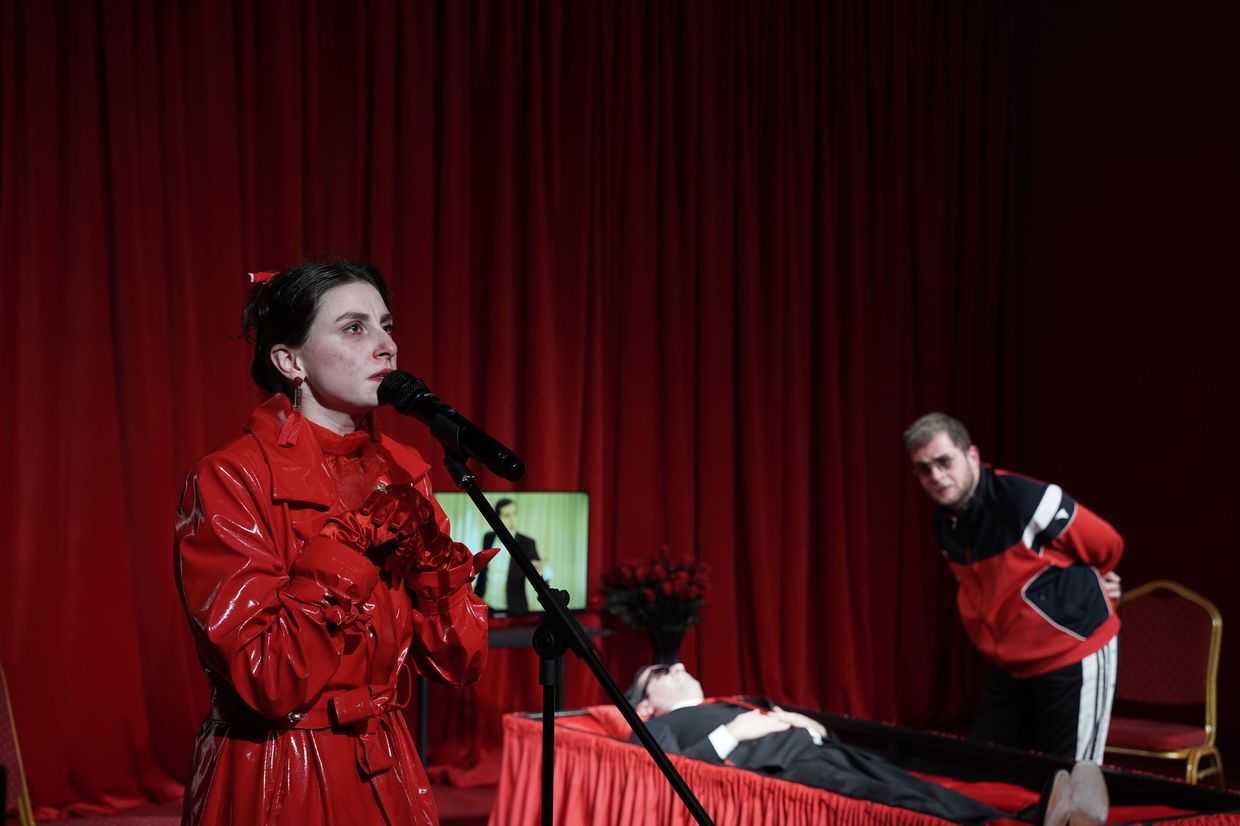

 Georgian Prime Minister Mamuka Bakhtadze has presented the new candidates for his ‘small government’, which will consist of 11 ministers. Among the selections were three newcomers to the cabinet. Early on Thursday it became clear that controversial Justice Minister Tea Tsulukiani, who has been heavily criticised and urged to resign over ‘unsuccessful’ reforms, will remain in office.
Georgian Prime Minister Mamuka Bakhtadze has presented the new candidates for his ‘small government’, which will consist of 11 ministers. Among the selections were three newcomers to the cabinet. Early on Thursday it became clear that controversial Justice Minister Tea Tsulukiani, who has been heavily criticised and urged to resign over ‘unsuccessful’ reforms, will remain in office.
The acting ‘temporary cabinet’ consists of 14 ministers. On 18 June, then a candidate for PM, Bakhtadze said that the motive behind introducing a ‘small cabinet’ wasn’t to reduce the number of ministers, but rather to reduce government spending.
Six members of the temporary cabinet will not appear in the new government, including Minister of Culture Mikheil Giorgadze and Minister of IDPs Sozar Subari. Minister of Corrections Kakha Kakhishvili will also leave the cabinet, taking a new post as Head of the Government’s Administration.
There will be three newcomers in the new cabinet: Mikheil Batiashvili as Minister of Education, Culture, and Sports, Giorgi Kobulia as Minister of Economy and Sustainable Growth, and Ivane Machavariani as Minister of Finance.
The rest of the cabinet consists of Levan Davitashvili as Minister of Environment and Agriculture, Levan Izoria as Defence Minister, Tea Tsulukiani as Justice Minister, Maia Tskitishvili as Minister of Regional Development and Infrastructure, Davit Zalkaliani as Foreign Minister, Giorgi Gakharia as Interior Minister, Davit Sergeenko as Minister of IDPs, Labour, Health and Social Affairs, and Ketevan Tsikhelashvili as State Minister of Reconciliation.
Priorities of the newcomers
Giorgi Kobulia, the candidate for Minister of Economy, spoke about his plans once in office. He said his strategy for economic development concerns not only economic growth, but also reducing income inequality. He also said he planned to focus the ministry’s efforts on the industrial and technology sectors.
‘We will pay great attention to villages and regional development. We know that in the regions, poverty is much more prevalent. We plan to attract significant investments to agriculture and related sectors. We are also making plans to support small and medium-sized businesses’, said Kobulia.
Another newcomer, candidate for Minister of Education and Culture Mikheil Batiashvili said that ‘education, science, culture, and sports are the fields that should be contributing to the development of human capital’.
‘It is impossible to develop the economy without technology and innovation’, he said, adding that the ministry’s intended reforms would focus on both achieving immediate results and sustaining long-term progress, ‘generating human capital that’s oriented towards the development of the country’.
Ivane Machavariani, candidate for Finance Minister, spoke about an ‘inclusive economy that the small government is all about’.
‘Along with reducing expenses, this means optimising processes and slashing bureaucracy, which is almost impossible nowadays without digitalisation. We think that the Finance Ministry will be one of the key players in this process’, said Machavariani.
Justice Minister Tsulukiani remains in the cabinet
Despite heavy criticism, Tea Tsulukiani will maintain her position as a Justice Minister. Many non-governmental organisations have been demanding her resignation for several weeks, claiming that she failed to deliver several key reforms, including those on drug policy, the creation of an independent mechanism to investigate crimes by police or prosecutors, judicial reform, and the selection process for judges for the European Court of Human Rights.
[Read more about the protest with boots at the Government’s Chancellery on OC Media: Georgian PM ‘used Facebook bots’ in defence of Justice Minister]
Another key reason that NGOs have called for her removal regarded the selection process for a new chief prosecutor, which they said Tsulukiani should not have been involved in. They had demanded the candidate selection process use new rules which have been adopted in the constitution but are yet to come into force, but the selection proceeded with Shalva Tadumadze named as candidate on Wednesday.
[Read more about selection of a new Chief Prosecutor on OC Media: NGOs demand new chief prosecutor be selected without Georgian Justice Minister]
‘Temporary Cabinet’
On 13 June, Prime Minister Giorgi Kvirikashvili resigned over disagreements within the ruling Georgian Dream party. During his resignation speech, he said he disagreed over several ‘fundamental issues’ with party chairman Bidzina Ivanishvili. The following day, ruling party Georgian Dream nominated Mamuka Bakhtadze as his successor.
[Read more about Bakhtadze’s plans on OC Media: Georgian Dream name political newcomer as candidate for PM]
On 20 June, the Georgian Parliament approved a ‘temporary cabinet’ led by new Prime Minister Mamuka Bakhtadze, with 99 MPs voting in favour and 6 against.
Bakhtadze introduced his ‘small government’ initiative and pledged to reduce the number of ministries from 14 to 11, as well as to keep government expenditures ‘under 3.9% of GDP’. He said he hoped to save ₾100 million to ₾120 million ($41 million to $49 million), ‘which would be redirected to social programmes’.
[Read more about controversies around Bakhtadze on OC Media: Bakhtadze appointed Georgian PM after grilling from MPs]









